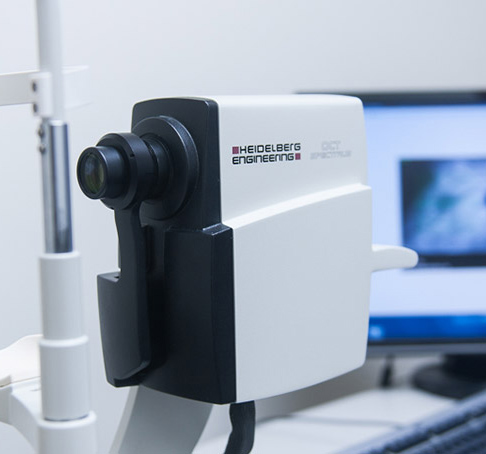Dr Fleming, A/Prof Campbell and Dr Braden Young diagnose and treat all general eye conditions, including age-related macular degeneration, diabetic retinopathy, glaucoma, pterygia and cataracts, and also perform oculoplastic surgery, strabismus surgery and Botox treatments for facial movement disorders.
In addition, Dr Fleming specialises in retinal conditions requiring surgical intervention.
See a complete list of eye conditions that we treat below:
